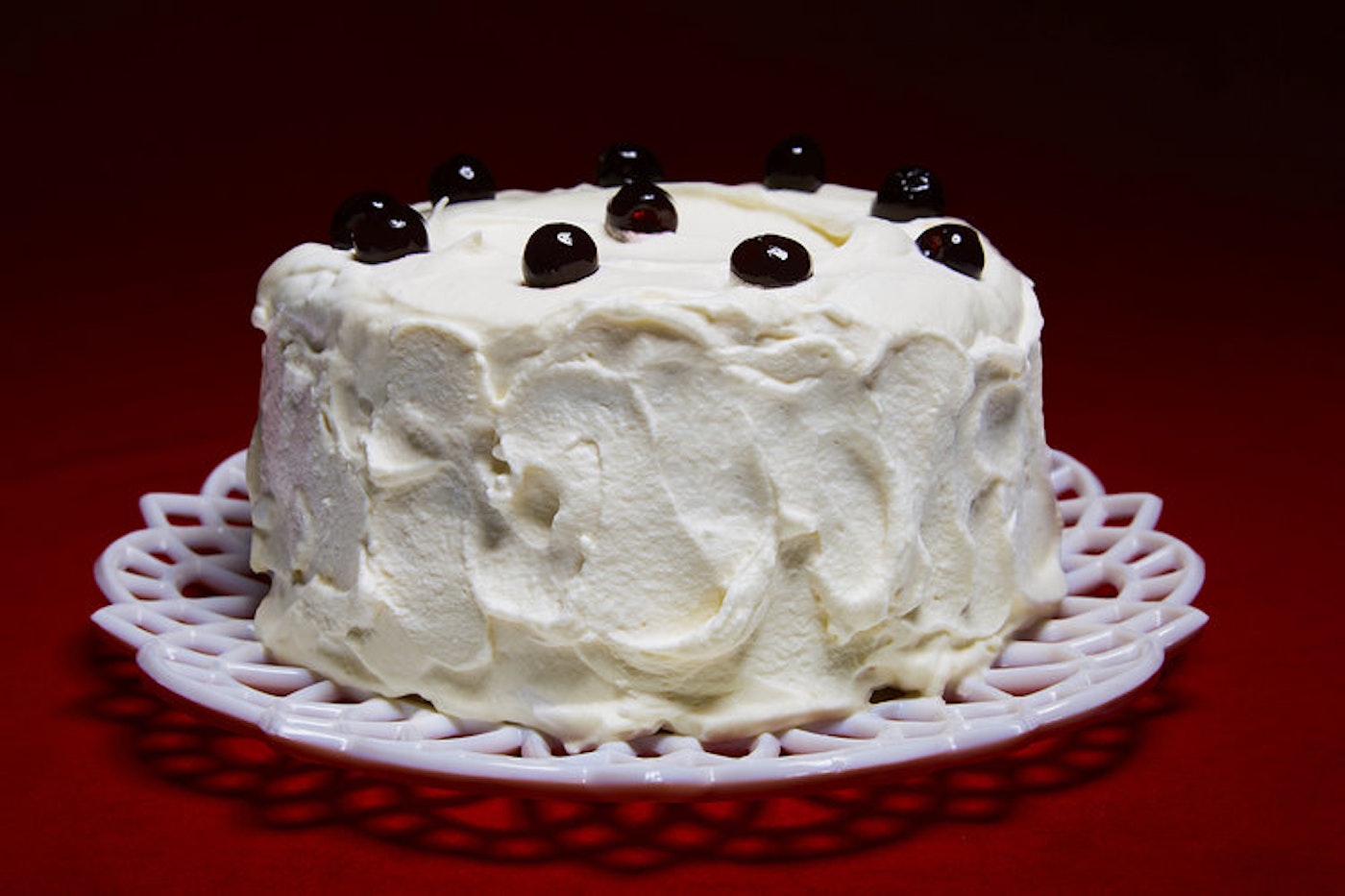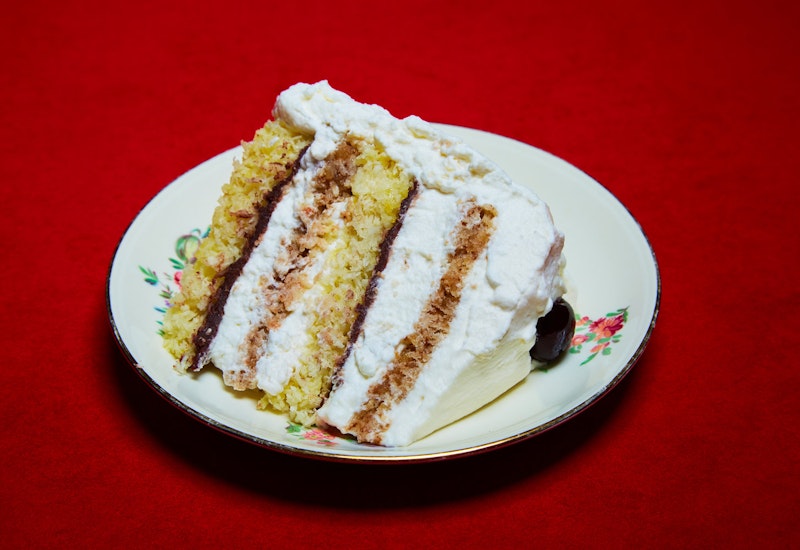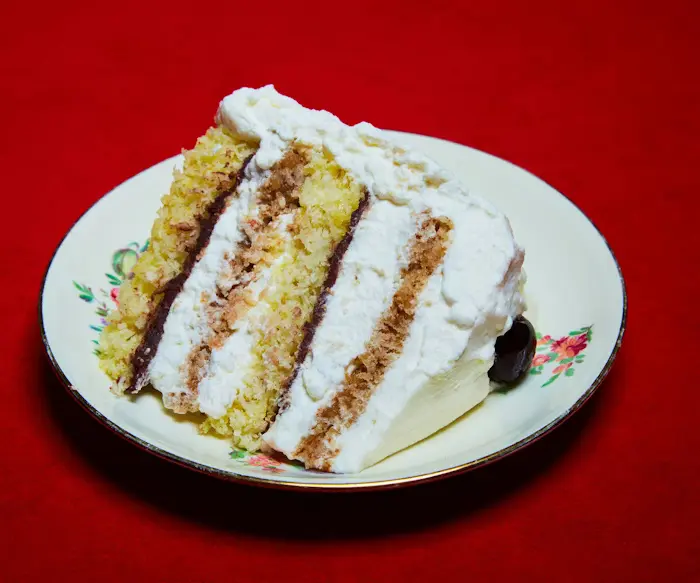This year for Passover, we are gathering at the James Beard House in New York City to honor Soviet traditions and roots with five women in food that we admire. What started as a project to look at the connection between Soviet cooking and Jewish cuisine has evolved into something deeper — a way to connect to a modern Jewish exodus, and to honor the efforts of Soviet Jewish families to celebrate Passover both in the USSR and with a renewed spirit in the U.S. And, the recipes those experiences inspired.
Seder leader Darra Goldstein, a scholar and author of The Georgian Feast, explains: “I spent several Passovers in the Soviet Union, in Moscow and Tbilisi, Georgia. Getting good food was always an issue, and people went to great lengths to prepare a special Passover meal. It was very hard to get matzo in Russia.”
That struggle was felt first hand by chef Bonnie Morales’s family in Belarus. “My parents had to sneak out in the middle of the night with flour hidden in suitcases to go bake matzo at an underground 'bakery' because it was forbidden.”
Once in the United States, her family’s Passover traditions shifted and her parents deferred to their “Hebrew-school-going-kids” to lead the Seder, she adds. At our Soviet Seder, Bonnie, who is the co-owner of Kachka in Portland, will serve “West Coast” gefilte fish, a riff on the dish her family made when she was growing up, as well as duck fritters called chremslach, and her exceptional infused vodkas.
Sasha Shor, who is preparing crispy deviled potatoes with chrain, lamb tartare with walnuts, and chanterelle-stuffed matzo balls for the Seder, also recalls her family looking to her to lead a Seder when she was younger than 10. Her family had only recently immigrated to Nashville from Moldova when, with the help of her Jewish day school, she led her family’s first Seder in her lifetime. “I remember looking over to my grandfather and he had tears running down his face. He said he never thought in a million years that he’d be sitting at a Seder and his granddaughter would be leading,” she told us last summer.
As she readies for this year’s Seder, Sasha adds that she wishes he were here to witness it.
“I would want him to see that their huge sacrifices were not taken for granted and we continue to fan the flames of Jewish tradition and continue to explore it in our own unique ways, with food and family at the center of it.”
For Marissa Lippert of Nourish Kitchen + Table, the evening is also a way to honor her grandfather whom she called zayde, the Yiddish term for grandfather. “He passed away nearly 20 years ago, so it’s particularly meaningful to me to honor his Russian heritage at such a cherished space as the Beard House,” she says. Her dishes for the evening, including beet-pickled quail eggs with “karpas tears” or drops of salt, take “inspiration from a traditional Seder plate, or at least the plate we typically use in my family,” she says.
The evening’s pastry chef Natasha Pickowicz, who’s the power behind the celebrated desserts at New York’s Flora Bar and Cafe Altro Paradiso, didn’t have a history of family Seders to draw on, as she’s not Jewish. Instead, she’s leaning into her father’s Ukrainian heritage and asked her chef de cuisine Zach Zeidman for help creating a tastier matzo. She will also cap the evening with a macaroon-inspired cake with layers of chewy coconut disks (think: large cookies) and walnut meringue. For her, the Seder has offered an opportunity to continue to fold her personal narrative into her work.
For each chef participating in the Seder, the evening has taken on deep meaning, a way to explore their roots in a place that no longer exists, along with the traditions that came from it and grew out of a new life for their family in America. Sasha explains the echo of Passover in her own experience leaving the Soviet Union. “We had also escaped a very dark and hateful place...we dove into this holiday fully and really wanted to embrace what it stood for.”
It’s a sentiment Bonnie has felt profoundly recently. “I think I took my freedom for granted until literally last week when a guest at one of our restaurants carved a swastika into our bathroom mirror,” she says. “Ever since that happened, I've been very motivated to celebrate my culture even more and doing things like this Seder are critical.”
This Passover, we hope you will join us in New York for this special evening — or bring a piece of it home to your family with Natasha’s dessert recipe below. May we all know freedom, peace, and acceptance in the year to come.


